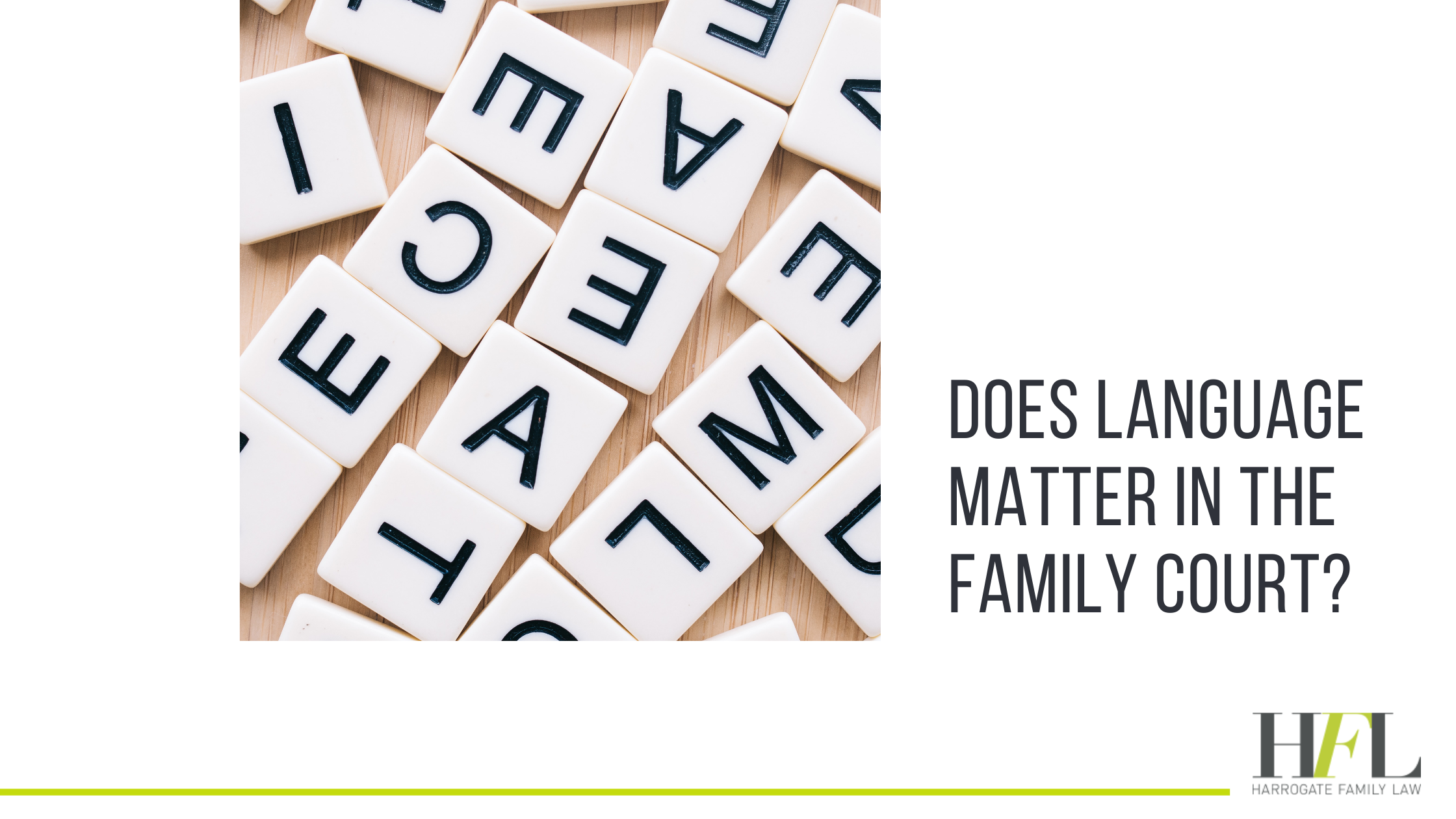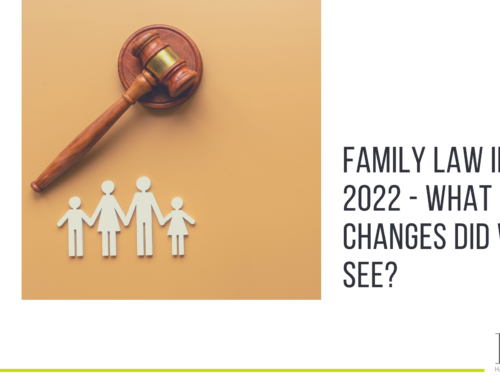Sometimes termed ‘legalese’ by those both inside and outside the profession, the language of the law can often be very complex. But does it really need to be?
If you’re faced with a family law matter, it’s important for you to feel at ease, supported and fully in the know. As solicitors, a big part of our job is helping clients to make sense of their situation. For example, what are the options available? What’s realistic in the circumstances? And what does the law say when it comes to those all-important decisions surrounding things like the family home, the finances and the arrangements for the children?
The use of overly complex language and terminology has been a point of discussion for some time, simply because of the barriers it can put up for clients who are relying on the legal system for support and guidance. With the rise in those people acting as litigants in person, there’s a general feeling that making the language we use in family court more accessible is more important than ever.
Why language matters
Despite modern advances, the field of family law (or any law for that matter) is still perceived as quite traditional. If you’ve ever tried to read a legal document, you can soon become confused and overwhelmed – and rest assured, that can happen even for solicitors.
However, the language we use is always evolving. As modern life progresses, it’s important for the law to keep up with any changes, and that includes the words used during any court proceedings or legal negotiations, so that progress is easier to understand and digest.
An opportunity to problem solve
If you need legal advice, or the intervention of the family court, the last thing you need are feelings of worry and confusion during what’s likely to be an already stressful time. What you do need is expert legal advice communicated in a way that makes sense, and that allows you to make decisions with clarity.
In late 2022, the Family Solutions Group released ‘Language Matters’, a report calling for a change in the way we talk about family law matters, and communicate legal advice to people who need it. Because family law issues can be adversarial and involve a level of conflict, it’s important that we work together to avoid this hampering progress and positive outcomes – particularly where there are children involved.
How do we make a change?
The Language Matters report made a number of really useful recommendations, known as the five P’s, for solicitors and those without legal representation. Take a look below:
- Plain English – use plain and simple language wherever possible.
- Personal – avoid using labels like ‘applicant’ or ‘wife’, and instead use family names.
- Proportionate – where there are serious allegations, for example in relation to safeguarding or financial conduct, it’s important not to ‘water down’ the issues. However, if the situation involves a difference of opinion over an outcome, heavy and emotive language is unlikely to be of any help.
- Problem-solving – use constructive language that’s not too aggressive, especially when issues involve children. Family law shouldn’t be about ‘doing battle’, it should be about providing solutions to obstacles.
- Positive future – clients should be supported to look beyond proceedings to a more positive future, rather than focussing on the heightened feelings raised by any dispute.
Harrogate Family Law – a friendly team of experts
We know that choosing a solicitor is a big step. You need to feel comfortable, and safe in the knowledge that you’ve got the right people in your corner. Here at Harrogate Family Law, we’re committed to proving the advice and guidance you need in exactly the right way. We’re here to put you in the know, to help you make the right decisions for you, and take control of your own positive future. You can learn a little more about why our clients put their trust in us here.
Harrogate Family Law is a firm with its clients at the centre, and we work together with you in order to get the right outcome. No matter how complex your situation, we’re here to provide a practical, expert and friendly approach, so if you’re in need of advice, contact us today.






